Project title:
Turtles from Czechia and Poland: An overview of common evolution
in Central Europe since the Triassic until Recent
This research is part of the project No. 2022/45/P/NZ8/00600 co-funded by the National Science Centre and the European Union’s Horizon 2020 research and innovation programme under the Marie Skłodowska -Curie grant agreement No. 945339.


Project managers:
Dr Milan Chroust
Research profilee-mail: chroust@twarda.pan.pl
Dr Tomasz Szczygielski
Research profilee-mail: t.szczygielski@twarda.pan.pl
Institute of Paleobiology of the Polish Academy of Sciences
Twarda 51/55
00-818 Warsaw
tel. +48 22 697 88 50
Description of the research base
About the project
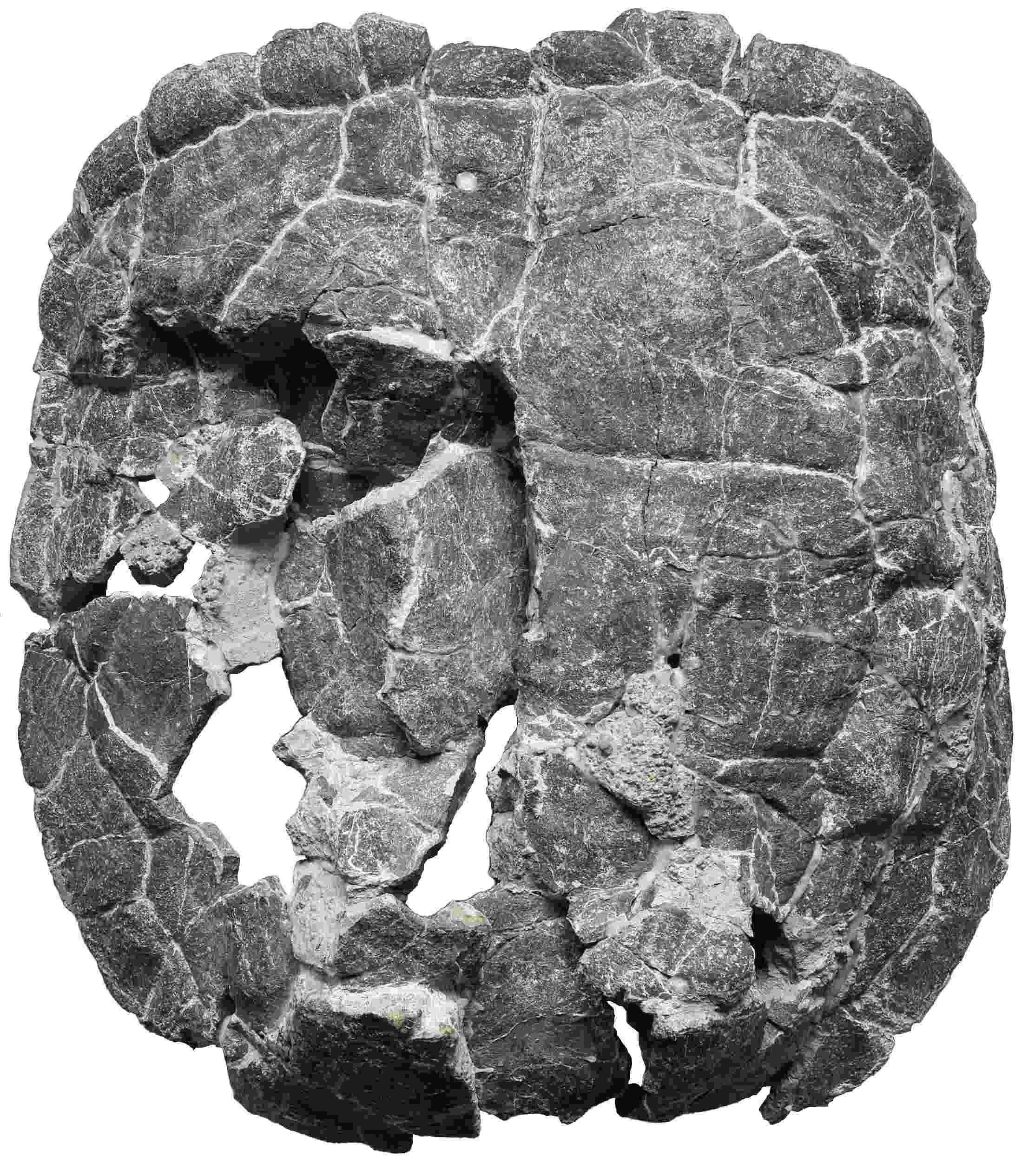
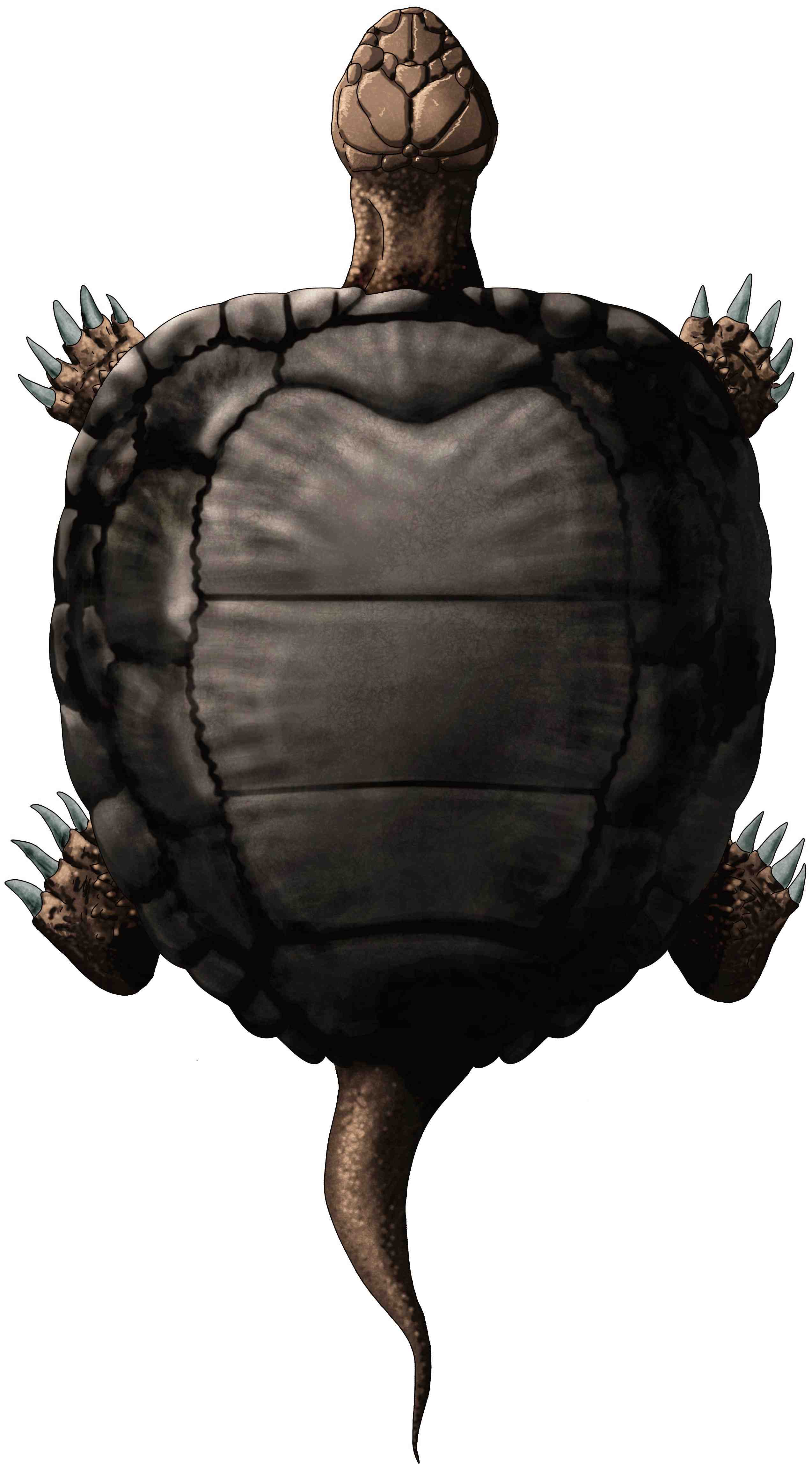

News
26.03.2025
For the last time, Milan Chroust and Tomasz Szczygielski prepared a workshop for students from the ZDOLNI program by Krajowy Fundusz na rzecz Dzieci about fossil turtles. The students identified fossils by themselves and tried several different methods to interpret the data. As you can see, the best workshop is when students work and the teacher enjoys.

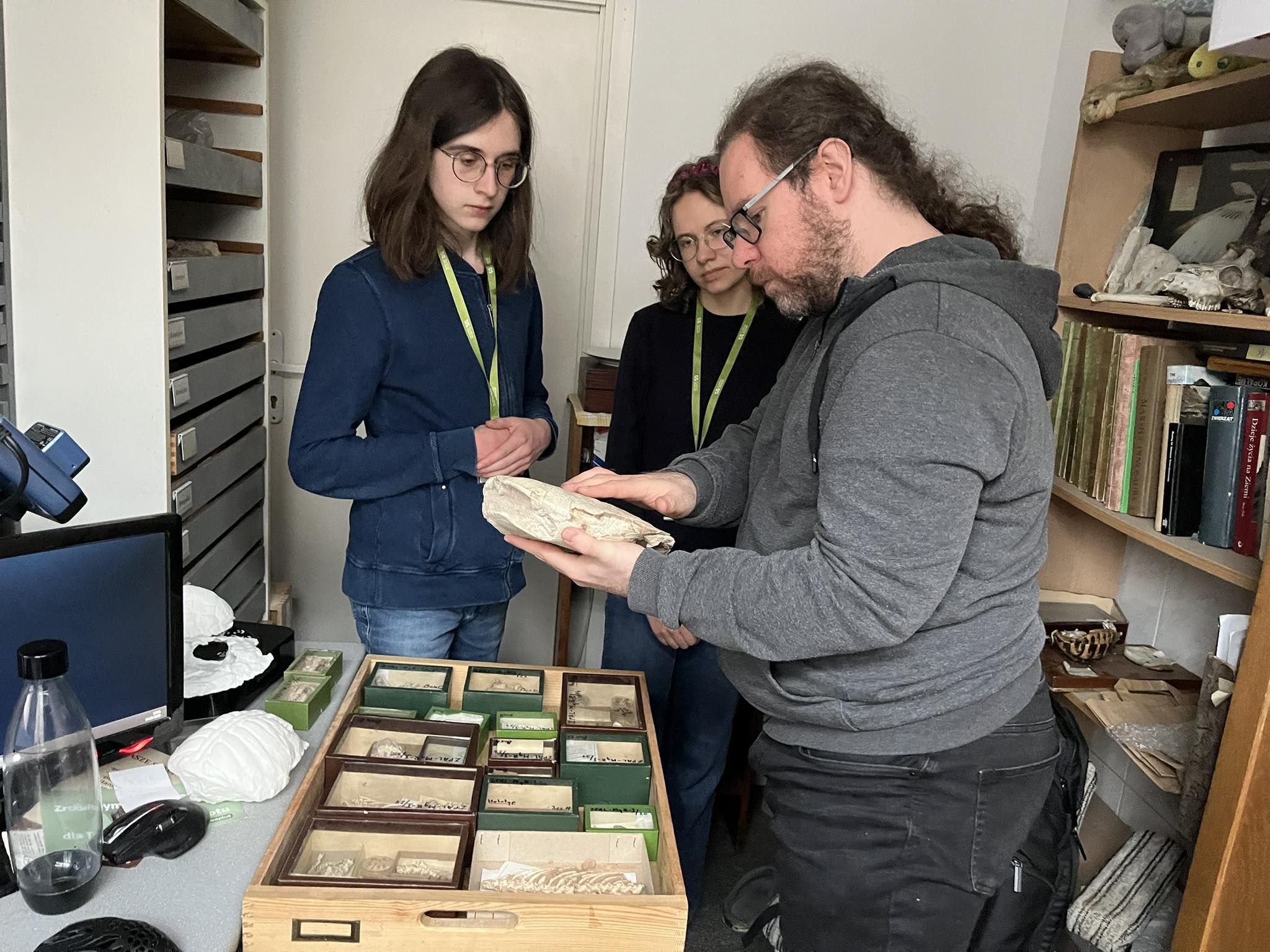
10-25.03. 2025
These days, Milan Chroust attends the 5th Palaeontological Virtual Congress, where he presents the database about fossil turtles from Czechia and Poland. As soon as possible, the database would be released publicly.

27.01.2025
27th January 2025 (Monday), 11:00 a.m., Ph.D. Tomasz Szczygielski will give a miniseminar: "Gdzie żył Proganochelys? Nowe dane na temat różnorodności i rozprzestrzenienia triasowych żółwi".

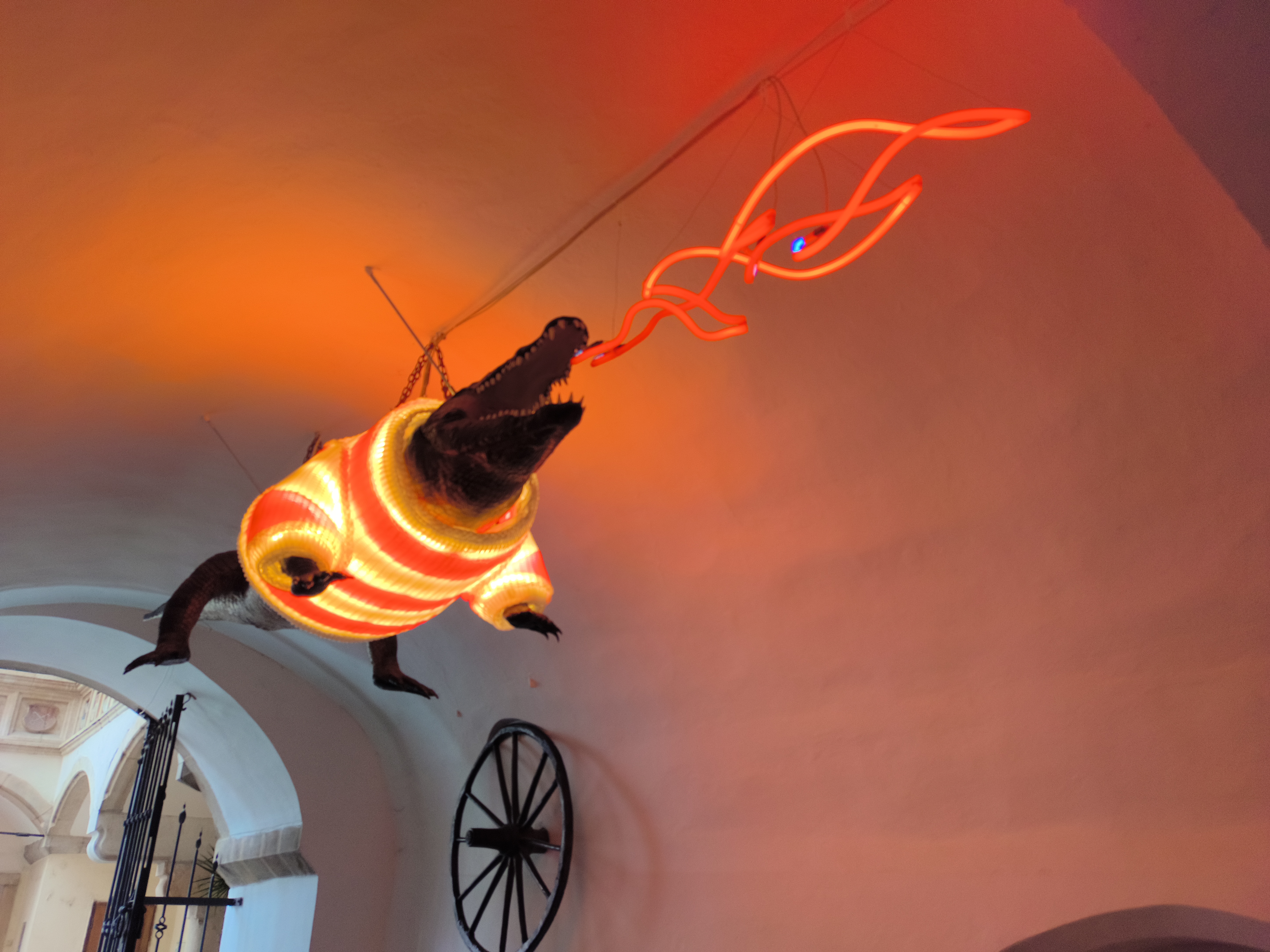



09-13.12.2024
After one year, the researchers revisited ISEZ PAN to study the collection of fossil turtles once again. Now much more familiar with the anatomy of the enigmatic Geoemyda mossoczyi, they could verify their earlier identifications and hypotheses. Together with Dr. Georgalis, the curator of the herpetological collection, they recognised and documented more than 200 elements of that turtle, which is still under study.

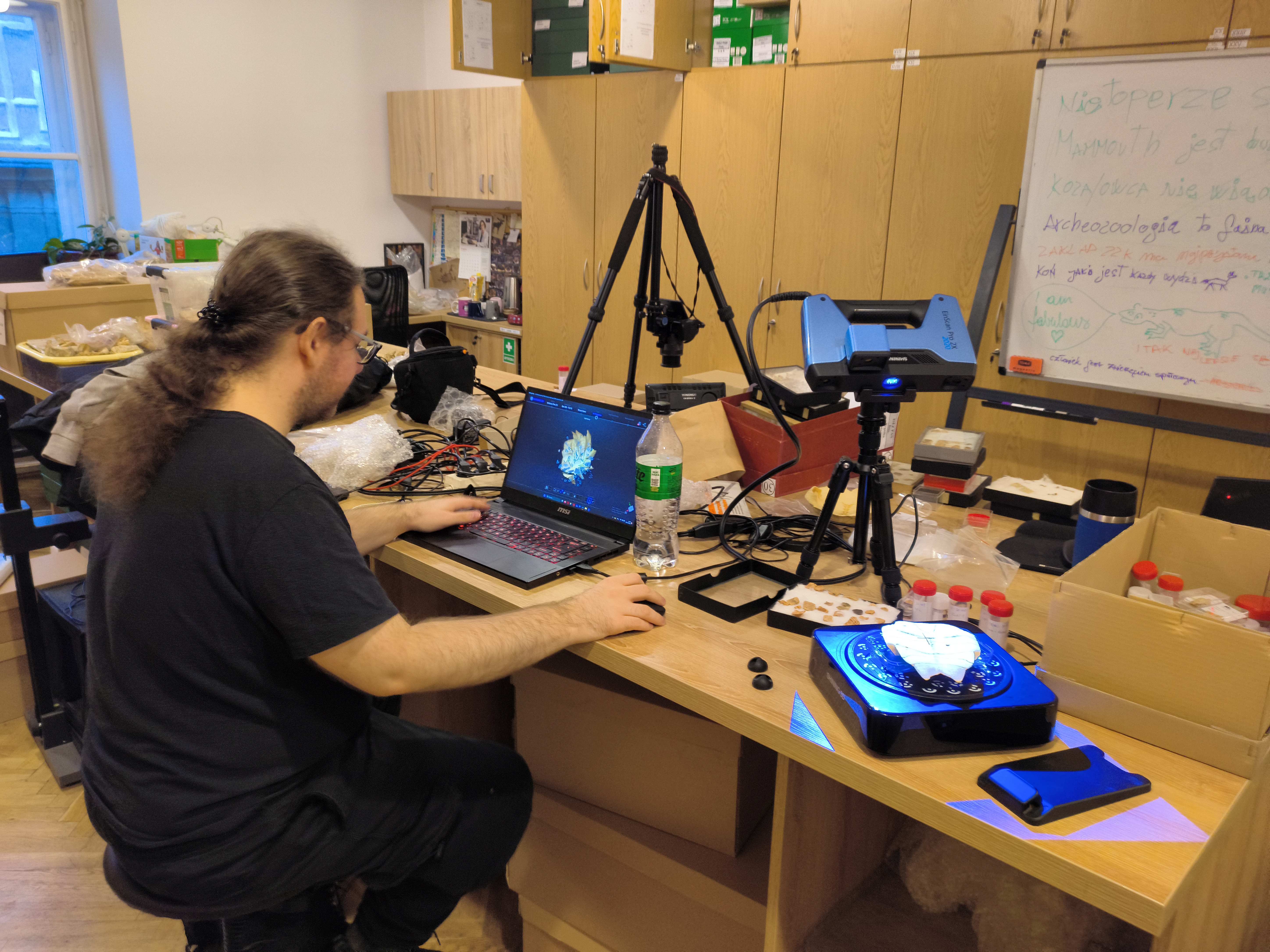


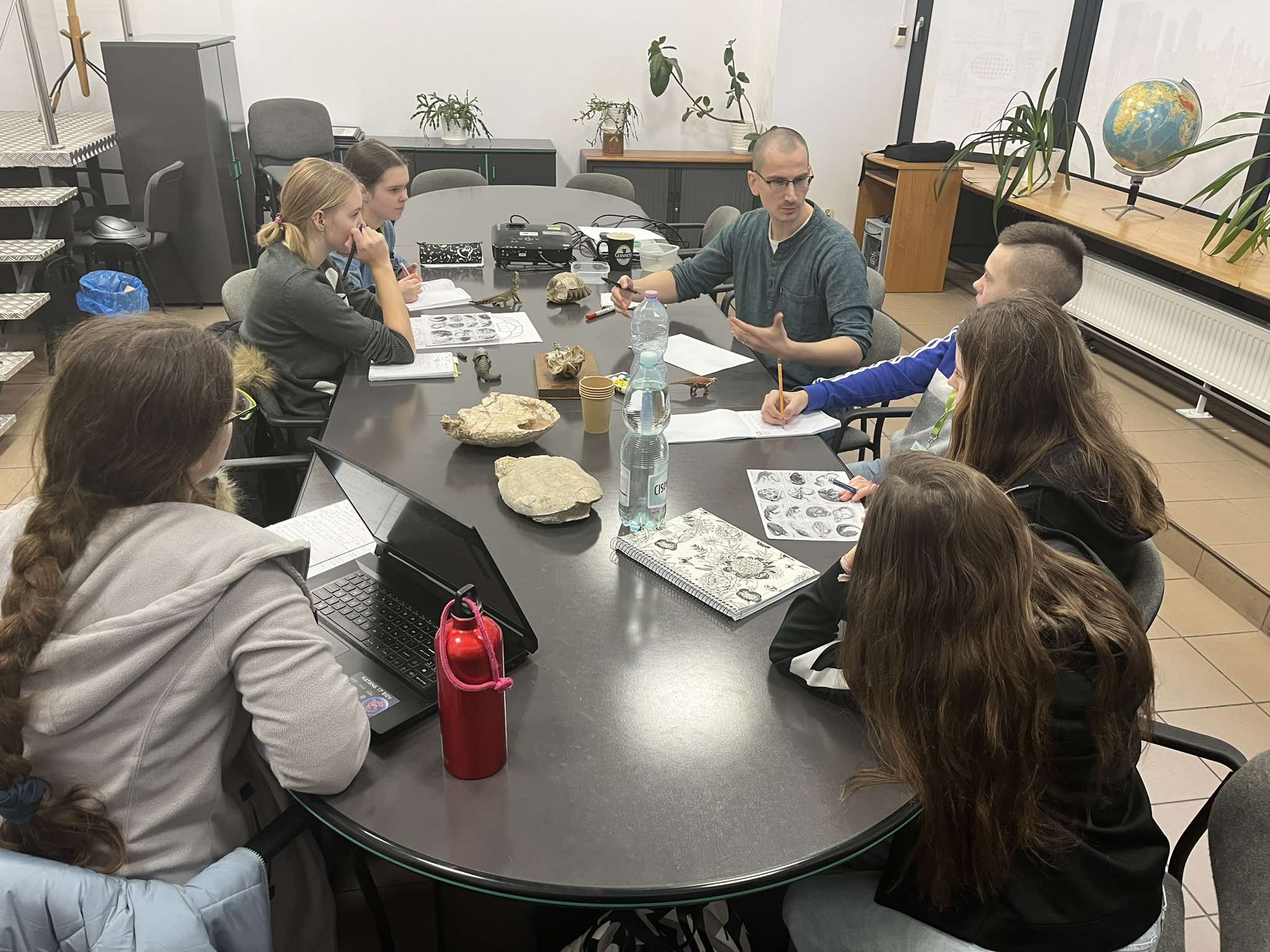

After almost a year, Milan Chroust held a science talk about the partial results of the Polonez Bis project No. 2022/45/P/NZ8/00600 at the University of Warsaw. He mainly discussed with the students the progress made during that year.

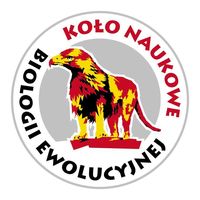

Milan Chroust attended the 23rd Czech-Slovak-Polish Paleontological Conference in Bánká Bystrica in Slovakia, where he presented the results of research on Pliocene turtles from Poland.


Tomasz Szczygielski visited the extant and fossil reptile collections of the Natural History Museum in London. He documented a large sample of over 70 specimens of extant and fossil turtles and other Mesozoic vertebrates, which will be used for comparative studies.

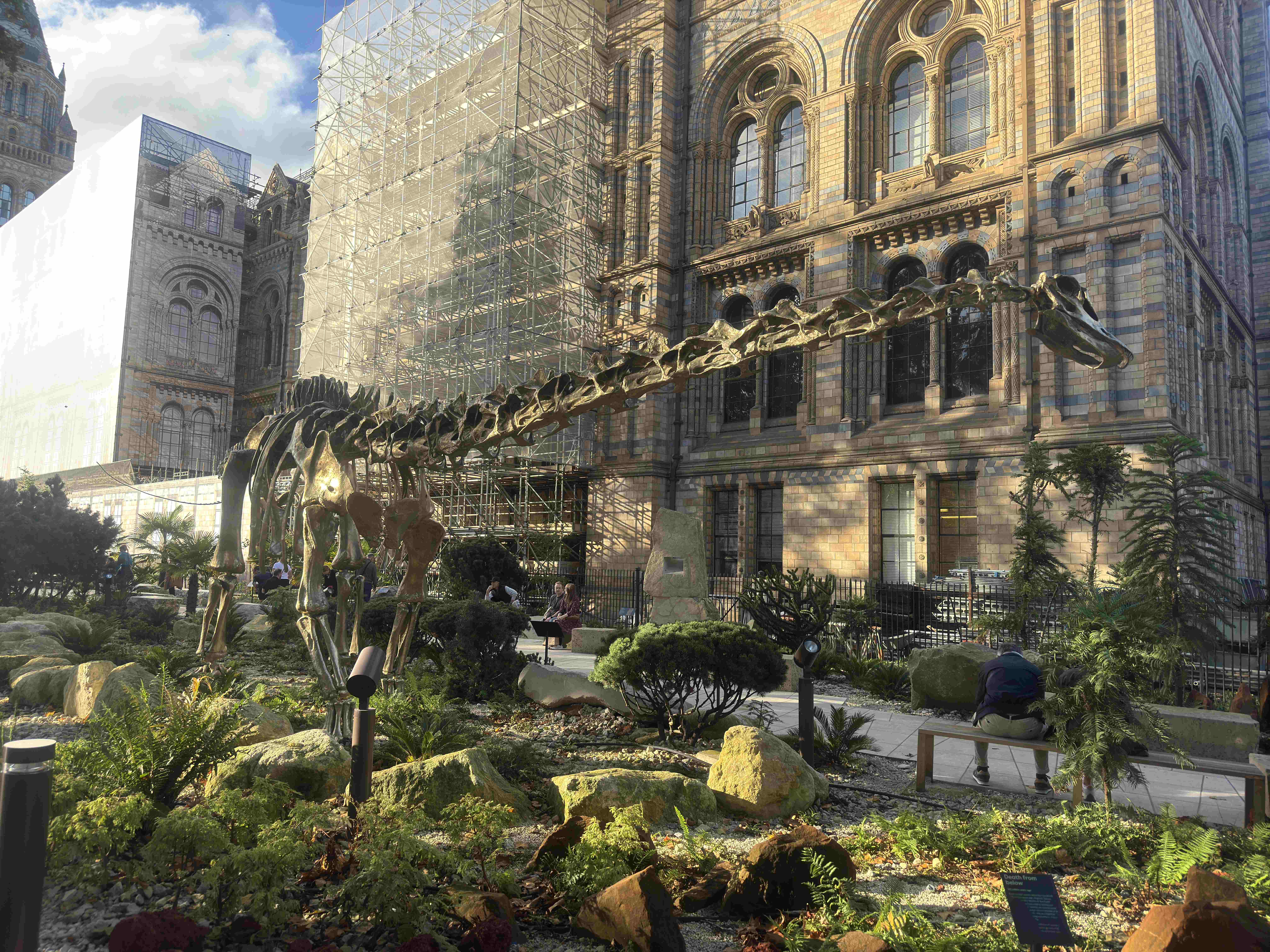

16-20.09.2024
Visit in Paris
At the same time, Tomasz Szczygielski visited the collection of the Muséum National d'Histoire Naturelle in Paris, where he studied original turtle specimens and casts from Belgium, France, Germany, Kazakhstan, Portugal, Switzerland, and Tunisia. Although his studies were mostly focused on Triassic and Jurassic taxa, he also gathered documentation of Cretaceous and extant species. These comparative data will aid identification and interpretation of Czech and Polish material.

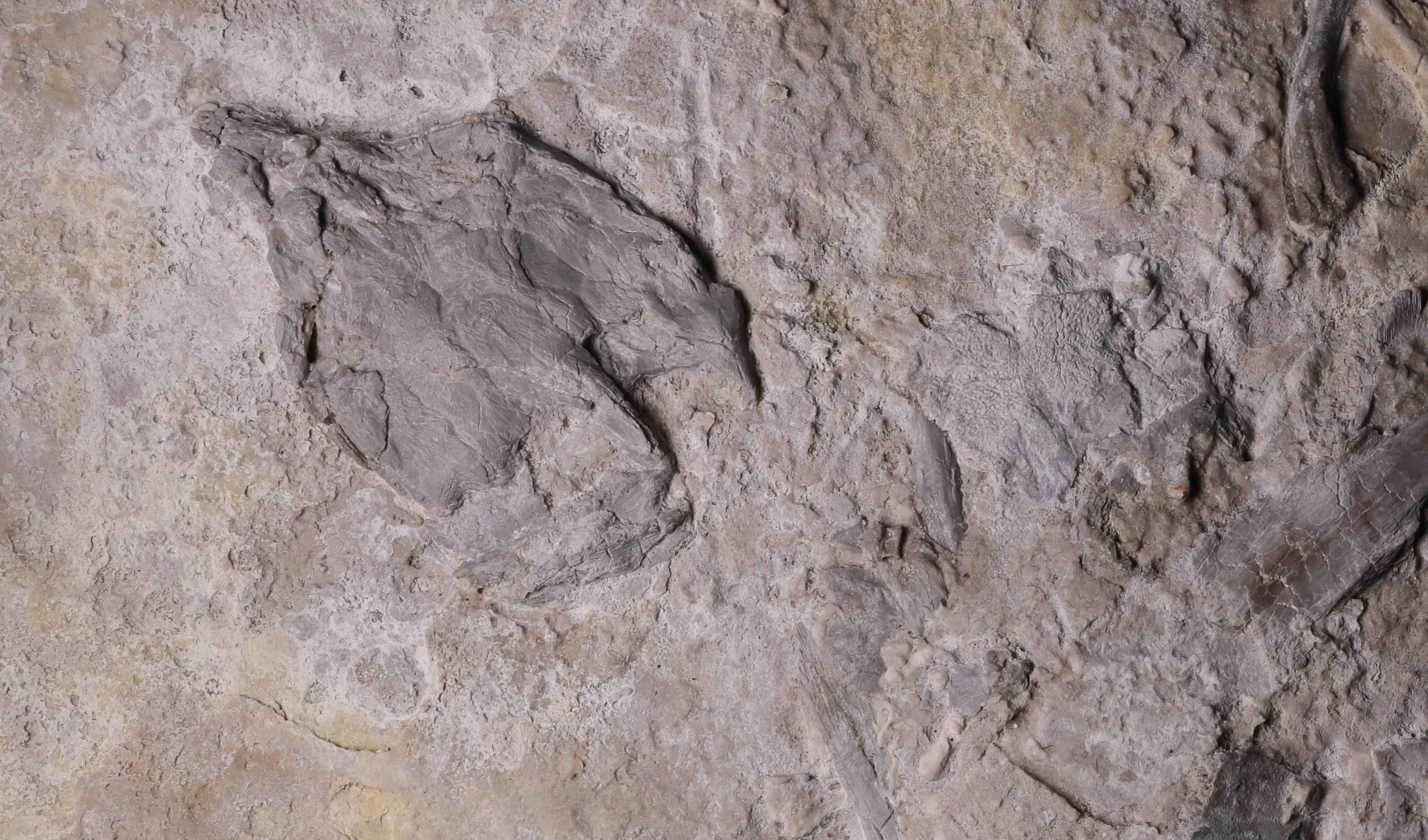
PalGes in Warsaw
Milan Chroust attended the Paläontologische Gesellschaft meeting at the University of Warsaw, where he presented the results of research on the Miocene stem tortoise from Czechia. Great feedback has been received and several talks with colleagues on the provided topic followed. Also, he attended the field trip to the Holy Cross Mountains.

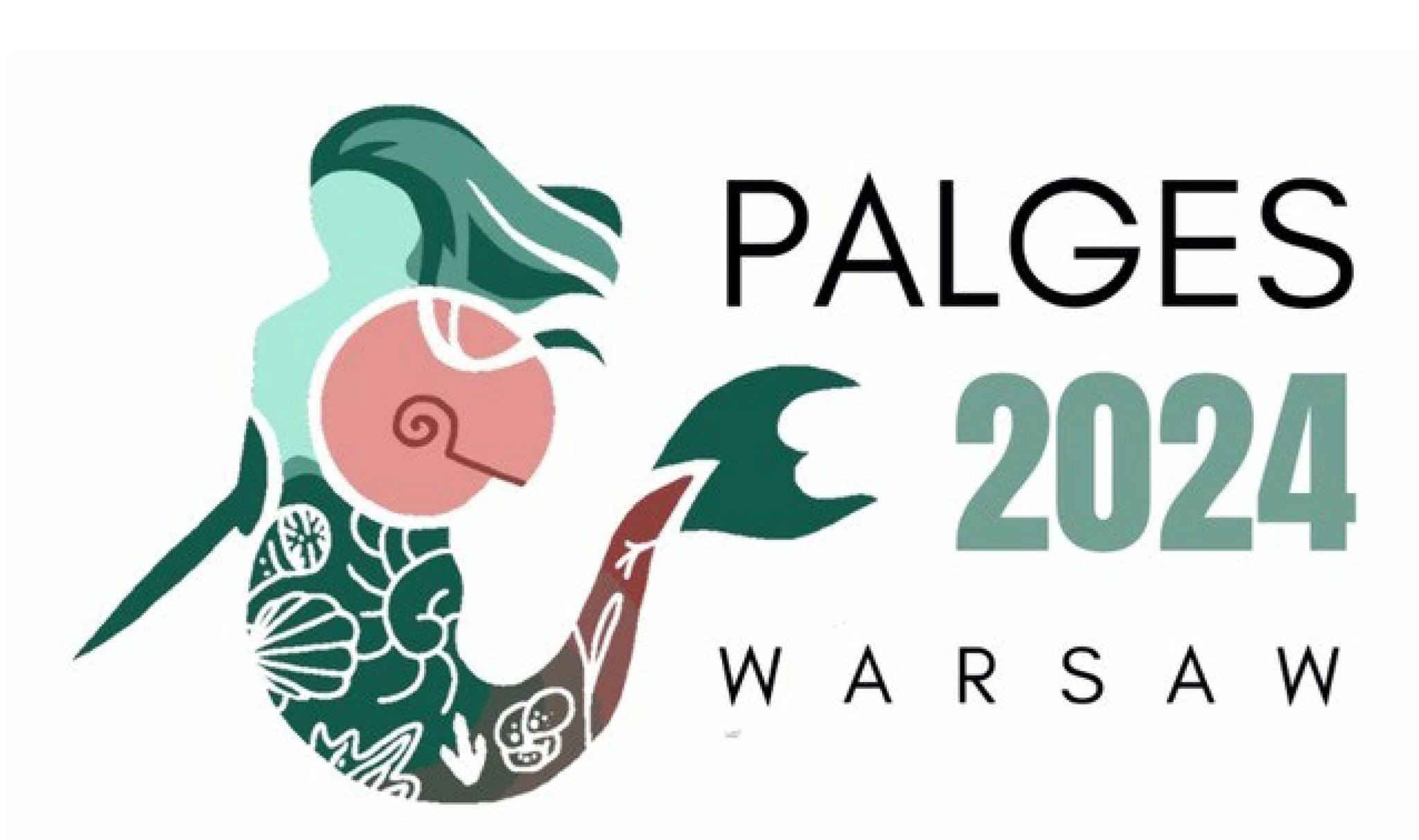

EAVP in Svalbard
Milan Chroust with his colleagues from the Institute of Paleobiology attended the most important Vertebrate Palaeontology meeting of the year in Svalbard, where he presented the results of research on Pliocene turtles from Poland. Besides the lectures and workshops, the event included a field trip to see the fossil flora dated to the PETM event.

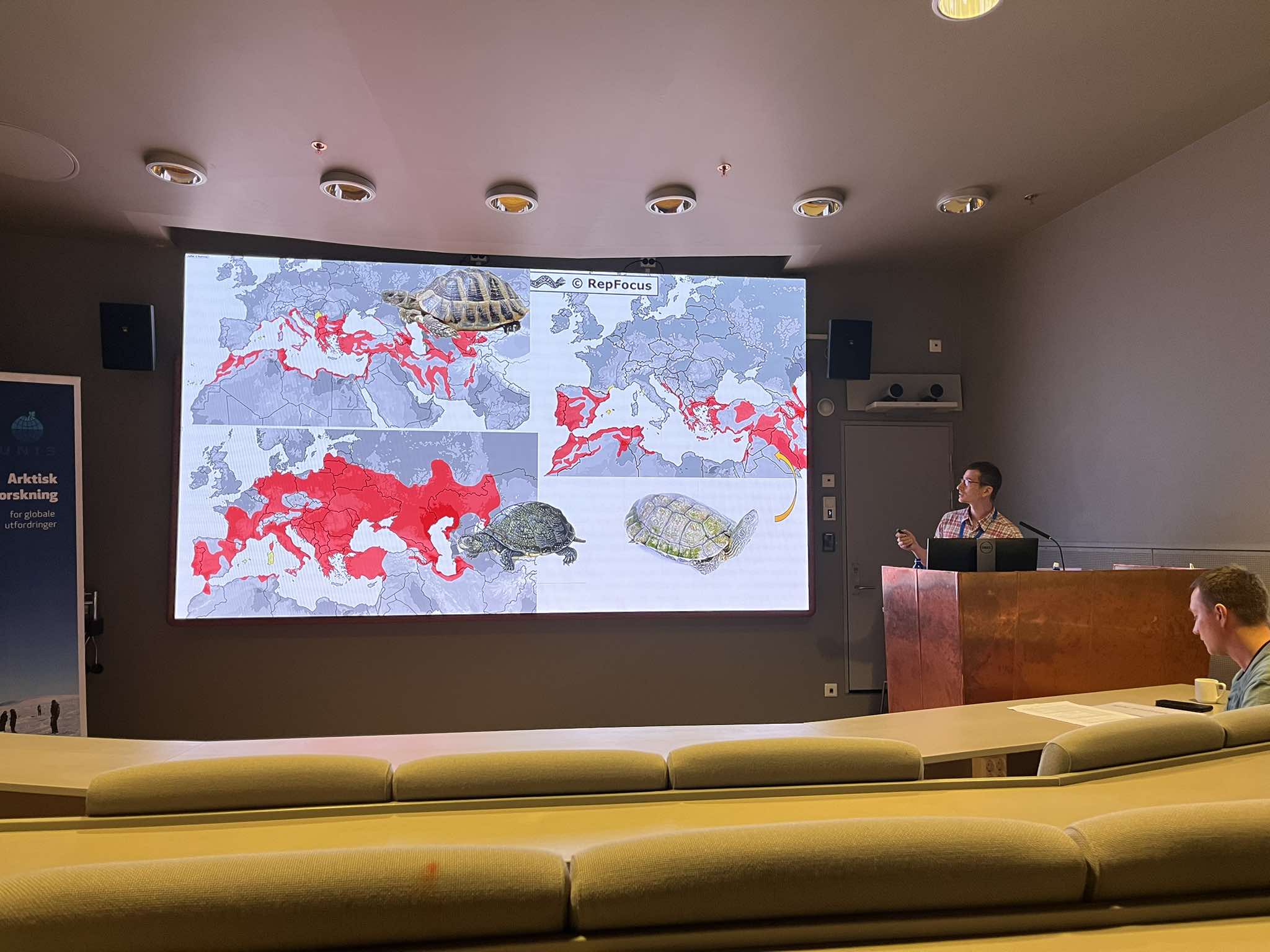

The secondment in a zoo
During the secondment, Milan Chroust attended the Safari Park Dvůr Králové internship. During his attendance, he took care of dozens of turtle species, including several squamate reptiles and crocodiles. In detail, the ontogenetic, intraspecific and interspecific variability of tortoises, their social and daily habits, and their climatic and breeding requirements were studied. The osteological collection located at the Safari Park was taxonomically and morphologically corrected and a new connection between paleontology and zoology was established, not only for further projects.


16.07.2024
Chomutov and Ústí n. Labem
Two other Czech regional museums were visited, Regional Museum in Chomutov and Municipal Museum of Ústí nad Labem to study the turtle material housed in their collections. Well-preserved turtle shells from the Most Basin were discovered and digitized.
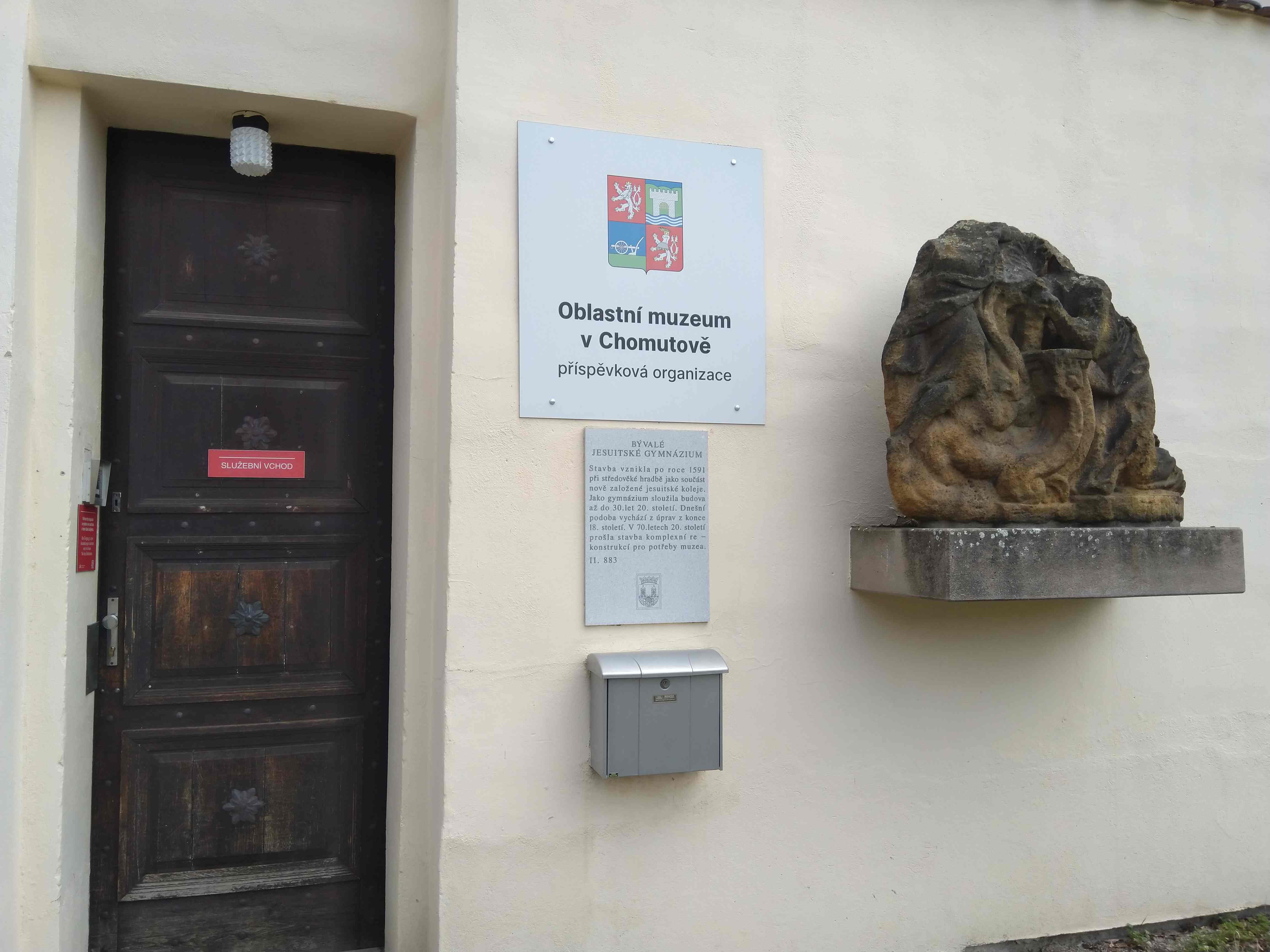
Turtle Evolution Symposium
Milan Chroust and Tomasz Szczygielski attended the most important meeting for scientists interested in the evolution of turtles. Both presented topics related to their current projects and discussed the issues with the international community in Swiss Fribourg.

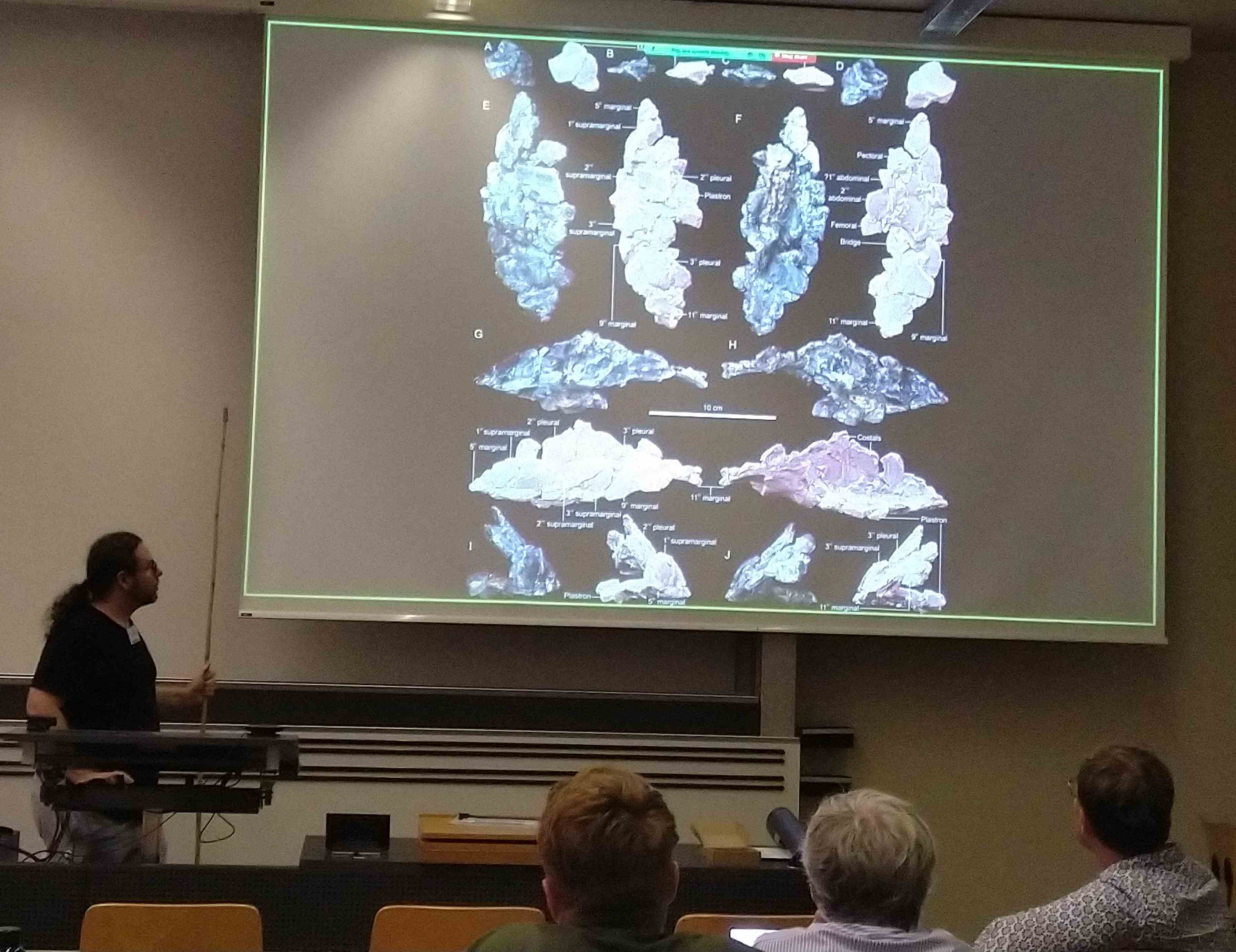

27.05.2024
Tomasz Szczygielski returned to his Alma Mater, the Warsaw University of Life Sciences, to give a lecture about turtle evolution to the students of Breeding and Preservation of Wild and Companion Animals. Big thanks to Prof. Maciej Kamaszewski for the invitation!

20.05.2024
International cooperation! The fellow Milan Chroust met in Prague with Dr. Àngel Hernández Luján from the Institut Català de Paleontologia Miquel Crusafont to study a very important fossil turtle. Together they move forward with the research and the results are expected soon!

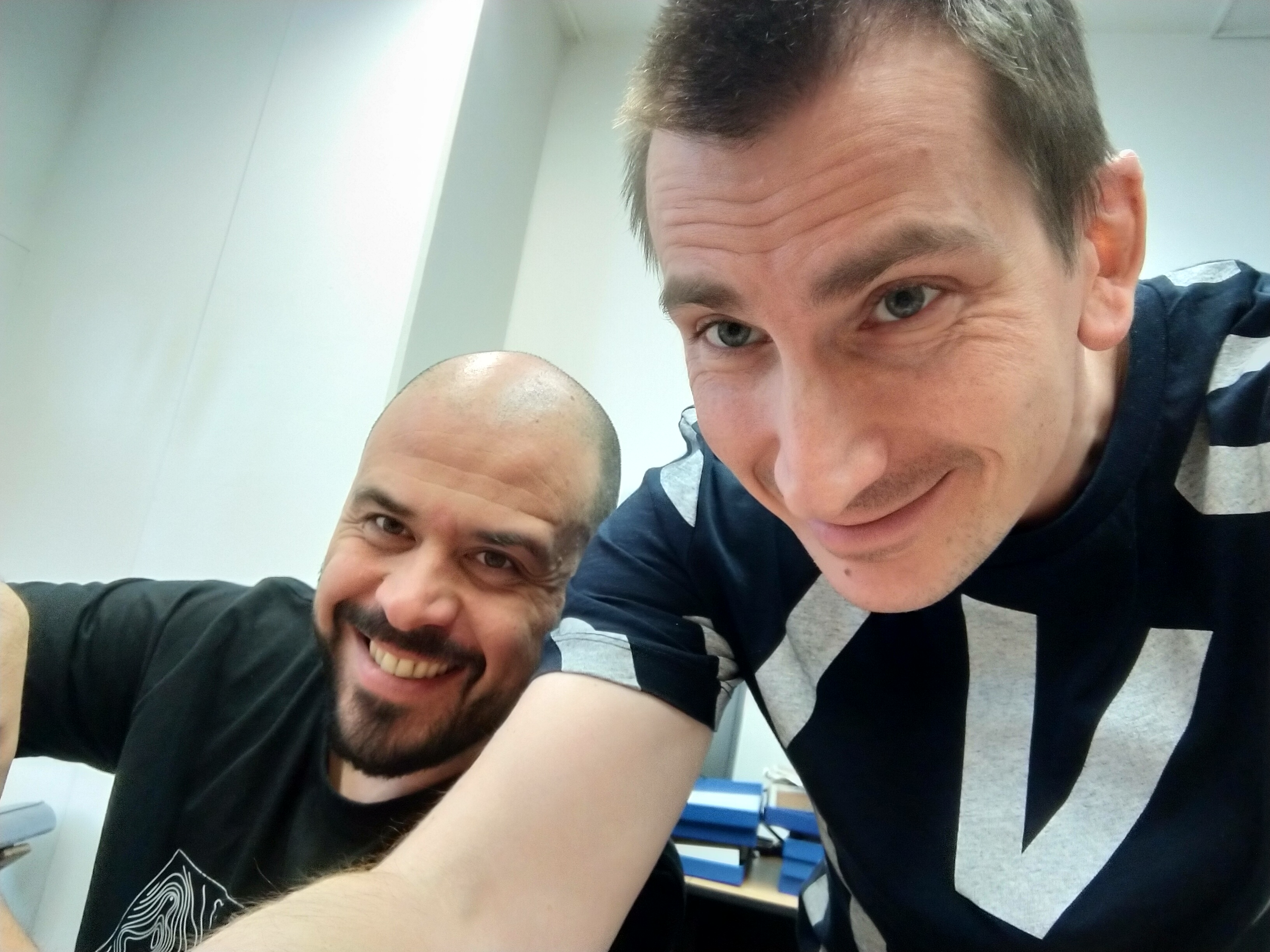
13.05.2024
Milan Chroust and Dr. Justyna Slowiak were invited by Prof. Maciej Kamaszewski to the Warsaw University of Life Sciences to give a lecture for the students on how we understand evolution and how we can interpret it thanks to the fossil record.

06.05.2024
For Earth Day, Milan Chroust with his colleagues from the Institute of Paleobiology, PAS visited the Primary School No. 205 and prepared a lecture focused on fossil turtles. Several topics have been debated and the children were amazed by the largest turtles, some of which lived even in Poland.

08.04.2024
Apart from materials stored at the capitol, we travelled to visit a regional museum. At first, we started in Teplice, where dozens of fossil turtles mostly from Břeštany fossil site are deposited. The collection of trionychids is large and other researchers are welcome to examine local treasures.

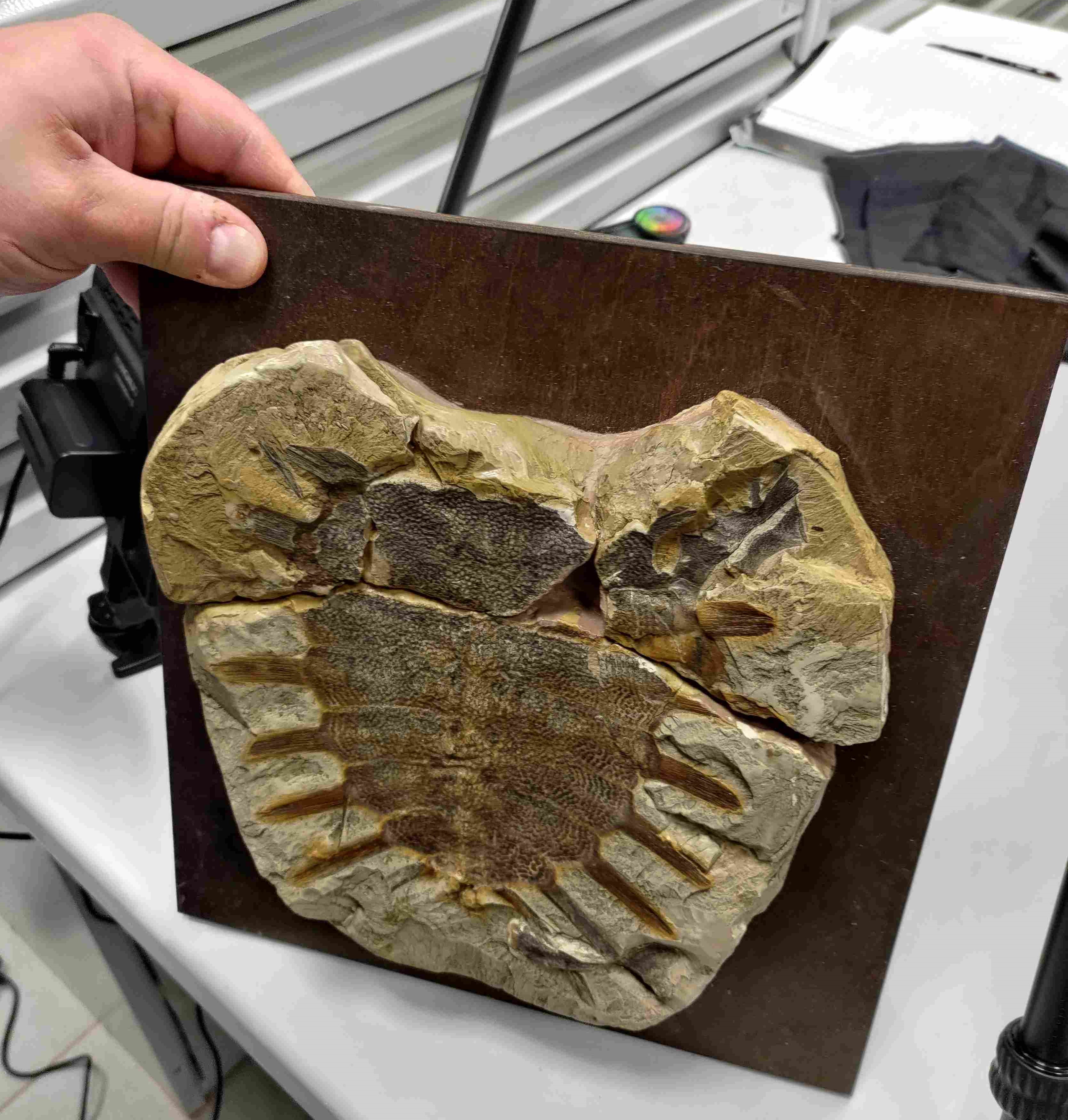
05-10.04.2024
Both participants of the project spent three days at the National Museum in Prague, where hundreds of specimens are stored. An unbelievable amount of specimens showed so many details that they even reveal the sexual dimorphism and ontogenetic development. A fantastic further step in the project!

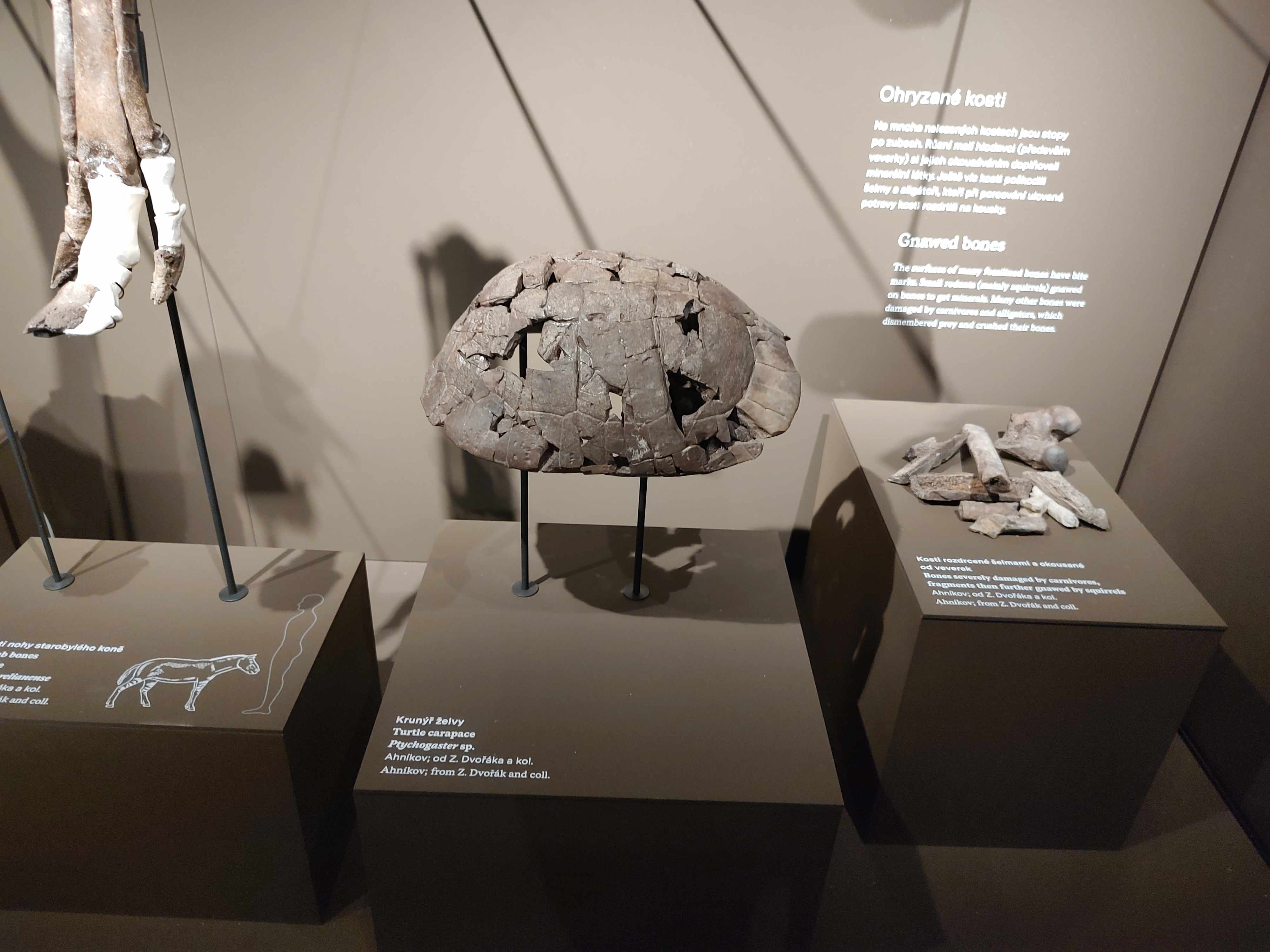

03.04.2024
The fellow Milan Chroust and his mentor Tomasz Szczygielski spent whole day at the collections of the Chlupáč's Museum of Earth History at the Charles University in Prague. Several specimens were digitized and will be accessible in the prepared database.

03.04.2024
Tomasz Szczygielski visited the Charles University in Prague. Besides the study the specimens housed in the collection, he held a lecture about the world of ancient turtles. He introduced the oldest fossil turtles and summarized the current knowledge about the Mesozoic and Cenozoic taxa not only from Poland and Czechia. The students and professors were excited at how rich the Czech and Polish fossil record is.

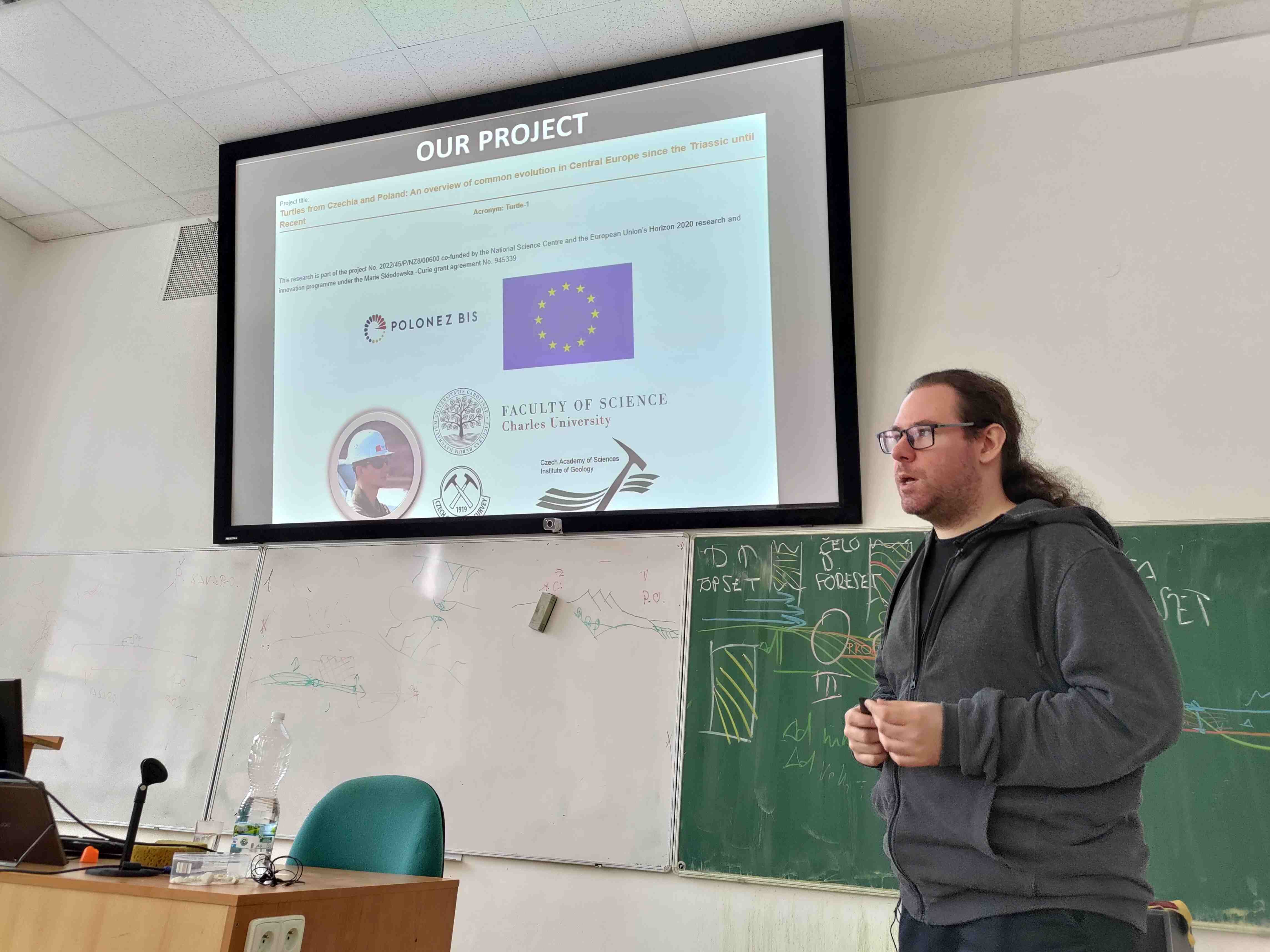

25.03.2024
Milan Chroust held a science talk for the public audience at the National Museum in Prague. The talk focused on the evolution of turtles and included fossils from Poland and Czechia. The concept of the Polonez Bis project No. 2022/45/P/NZ8/00600 was introduced as well. The heated discussion with the audience showed the general interest in the topic and therefore further talks are requested.

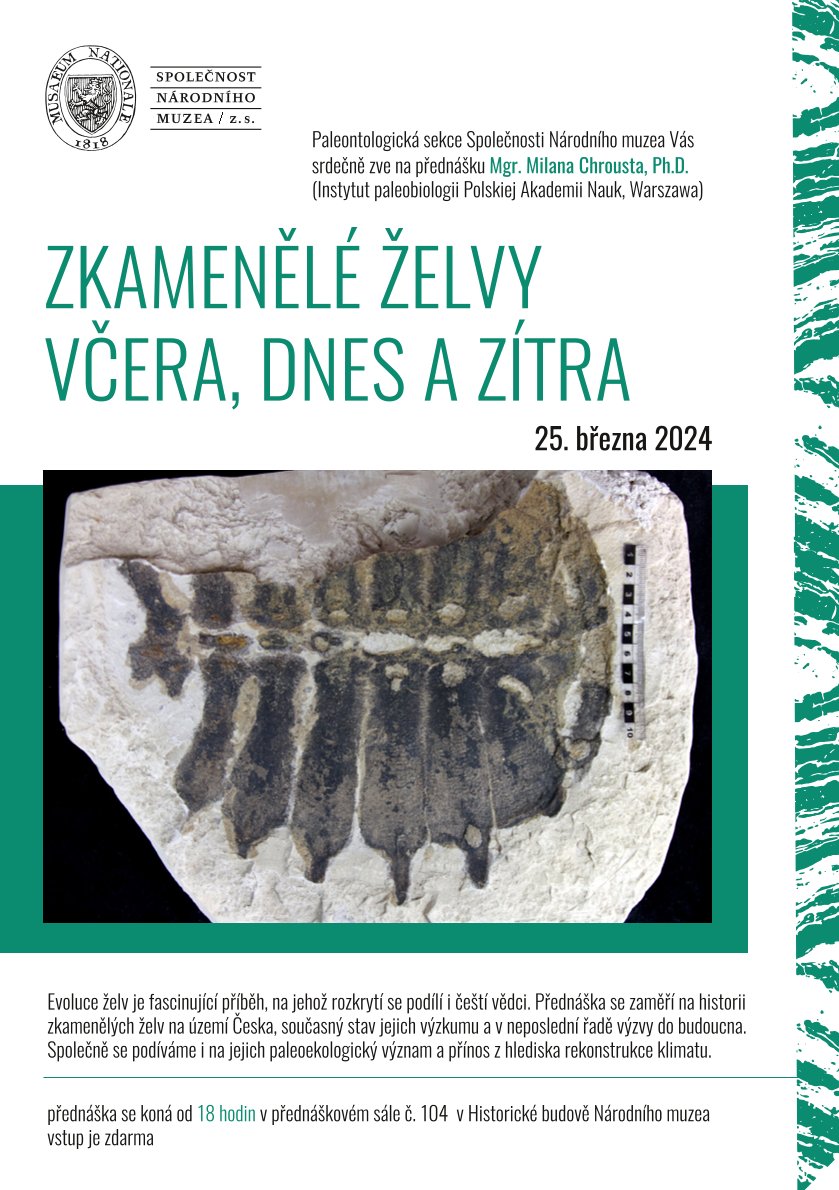

21.03.2024
The Institute of Paleobiology, PAS prepared a workshop for students from the ZDOLNI program by Krajowy Fundusz na rzecz Dzieci. The fellow Milan Chroust and his mentor Tomasz Szczygielski did not focus solely on the research on fossil turtles. The students later identified fossils by themselves and tried several different methods to interpret the data.
11.03.2024
Milan Chroust presented preliminary results of the current project to at the scientific staff of the Institute of Paleobiology, PAS. Further discussion improved the current interpretation of selected data and additional tips were included in the project.

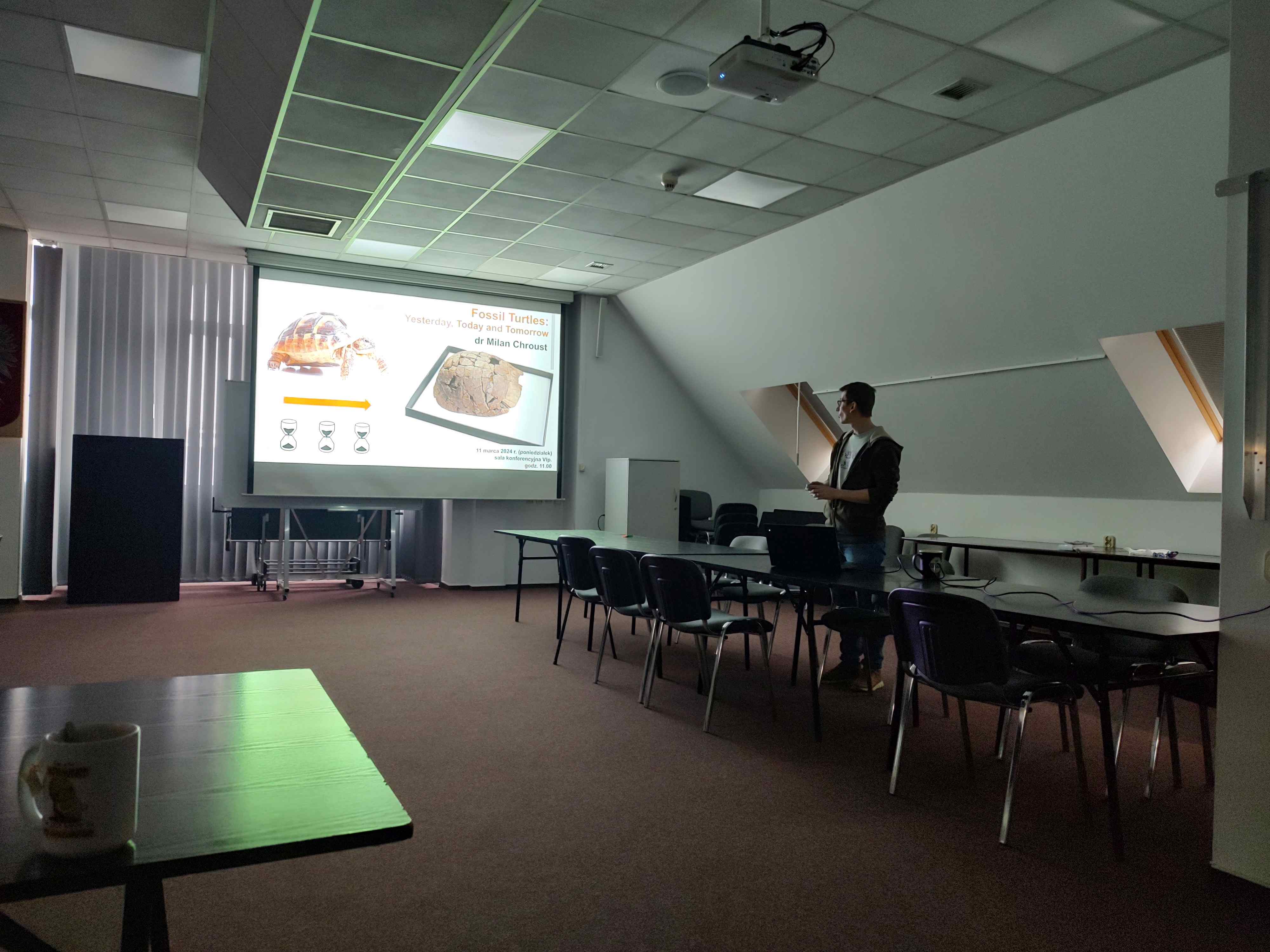
28.11.2023
Milan Chroust held a science talk about his Polonez Bis project No. 2022/45/P/NZ8/00600 at the University of Warsaw. He discussed with the academic members and students the occurrences of fossil turtles in Czechia and Poland.

21.11.2023
Turtle workshop for scholarship holders of the ZDOLNI Program run by the Krajowy Fundusz na rzecz Dzieci was held at the Institute of Paleobiology of the Polish Academy of Sciences. The kids learned the differences between the bones and dermal scutes and they built their own turtle.

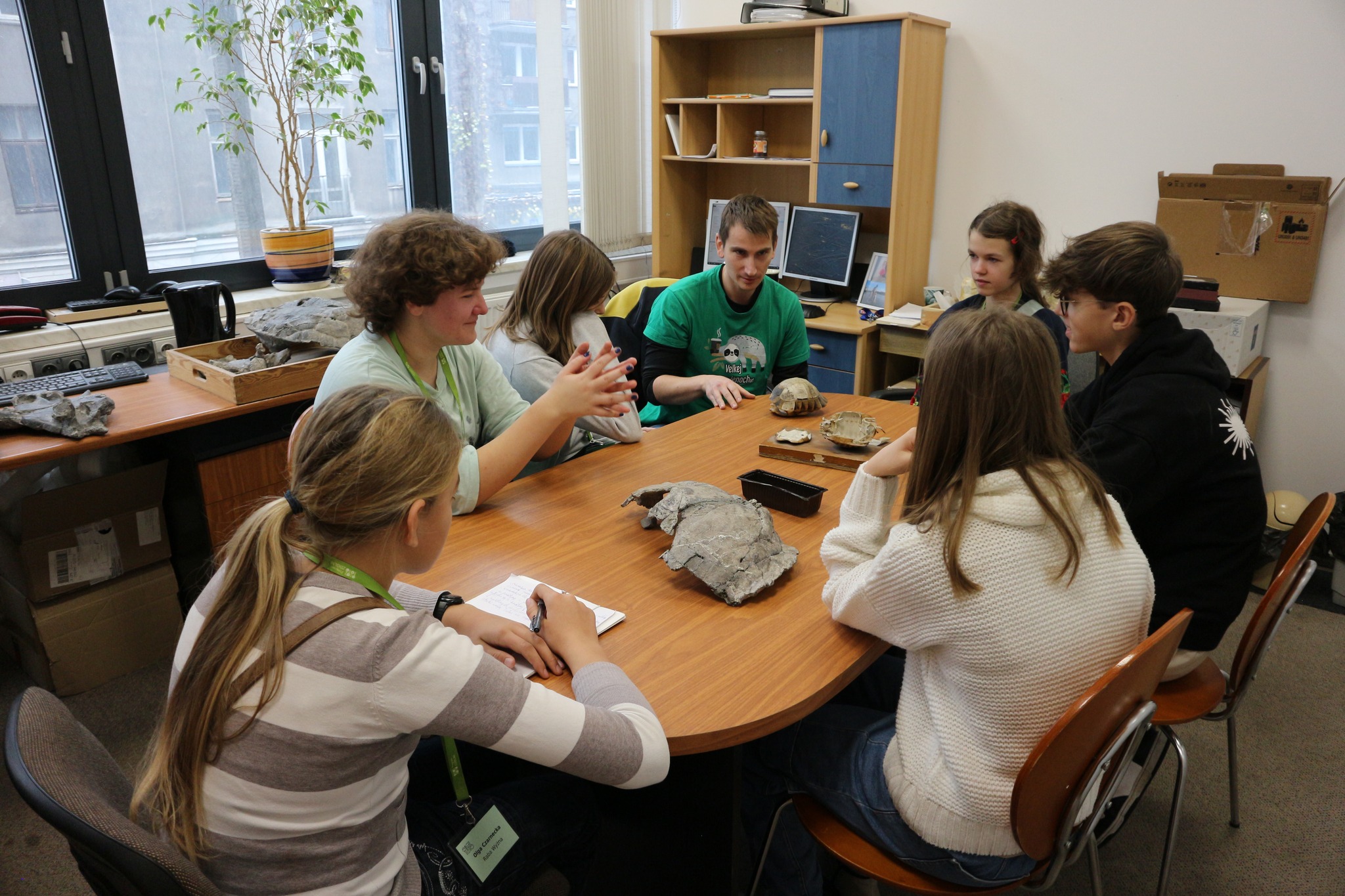

10.11.2023
Fellow and his mentor studied a very important specimen of Glarichelys knorri housed in the Regional Museum in Jasło. This is yet another piece of the puzzle!

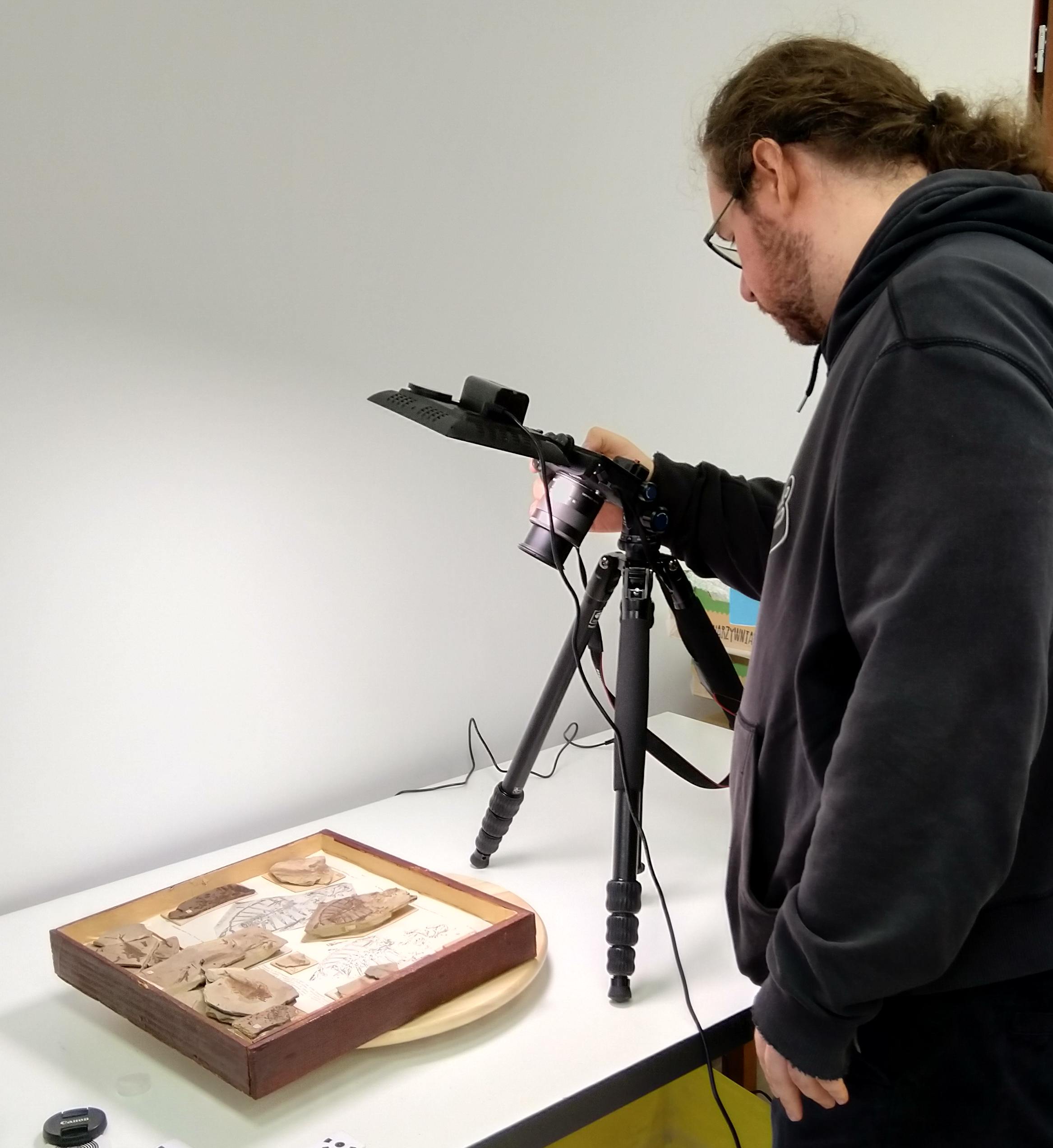
09.11.2023
After some time, the researchers visited ISEZ PAN again to study the collection of extant and fossil turtles. Together with Dr. Georgalis, the curator of the herpetological collection, they digitized several important species.

The fellow and his mentor studied hundreds of fossils housed at the Museum of the Earth in Warsaw. Together, they found very important holotypes which were considered to be lost. Another puzzle in the research of fossil turtles was solved!

22.06.2023
Another collection was visited. The fellow and his mentor visited Prof. Piotr Węgierek at the University of Silesia in Katowice. A very important fossil of a Neogene marine turtle was documented and transported for further analysis.

21.06.2023
The researchers visited a collection of the Institute of the Institute of Systematics and Evolution of Animals, PAS to study fossil turtles. Together with Dr. Georgalis, the curator of the herpetological collection, they discovered several amazing fossils important for their further research.

19.06-20.06.2023
The fellow Milan Chroust and his mentor Tomasz Szczygielski attended a Kick-off meeting in Kraków organised by the NCN. They both attended a workshop on career development, conducted by the POLONEZ BIS programme’s partner – CRAC-Vitae – and learned more about publishing in Open Access.

16.06.2023
The fellow Milan Chroust and his mentor Tomasz Szczygielski together with other members of the Institute of Paleobiology, PAS prepared a workshop for students from the program ZDOLNI by Krajowy Fundusz na rzecz Dzieci. The workshop was focused on the research of fossil turtles and students identified fossils by themselves and tried several different methods to interpret the data.
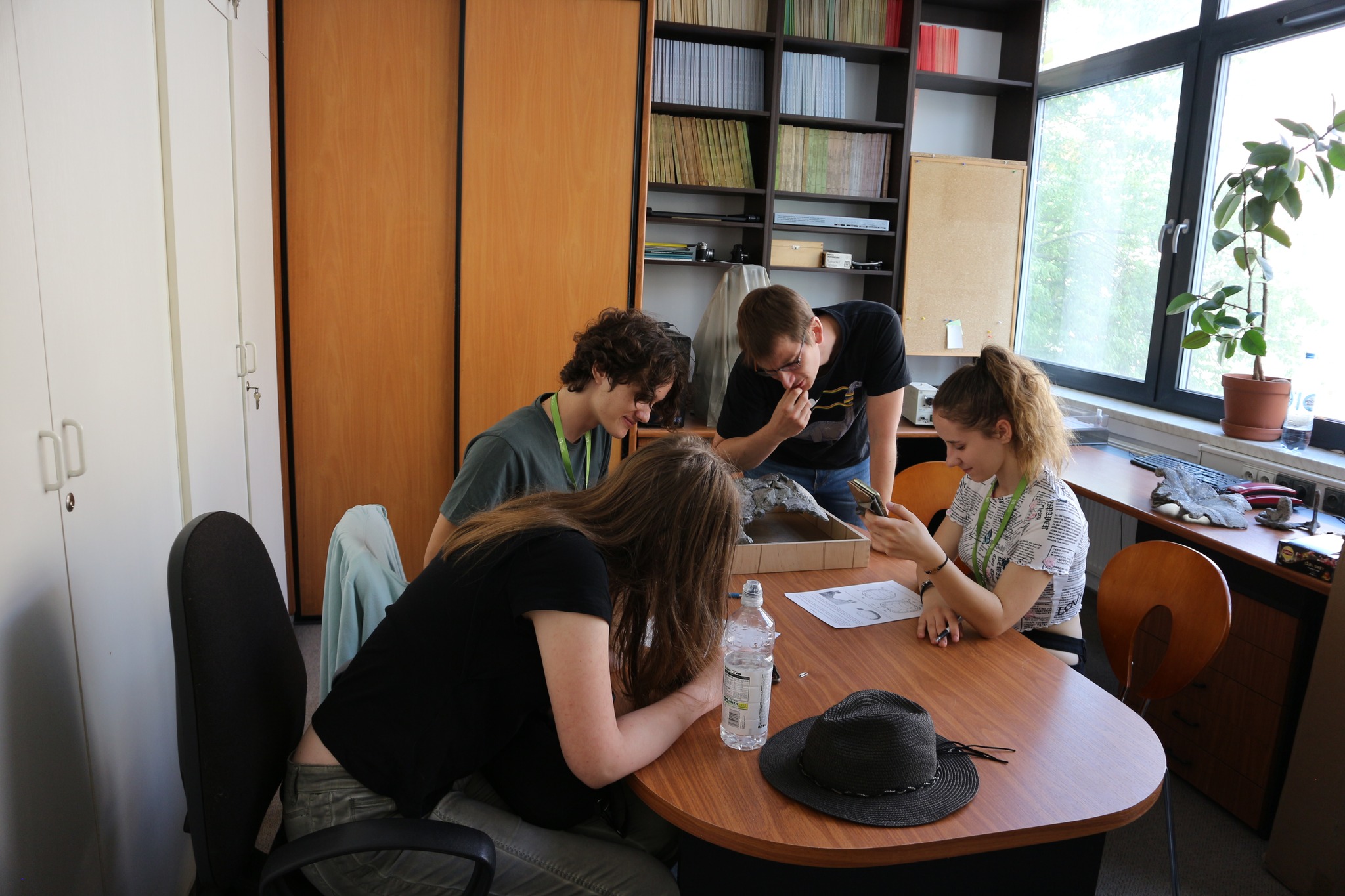
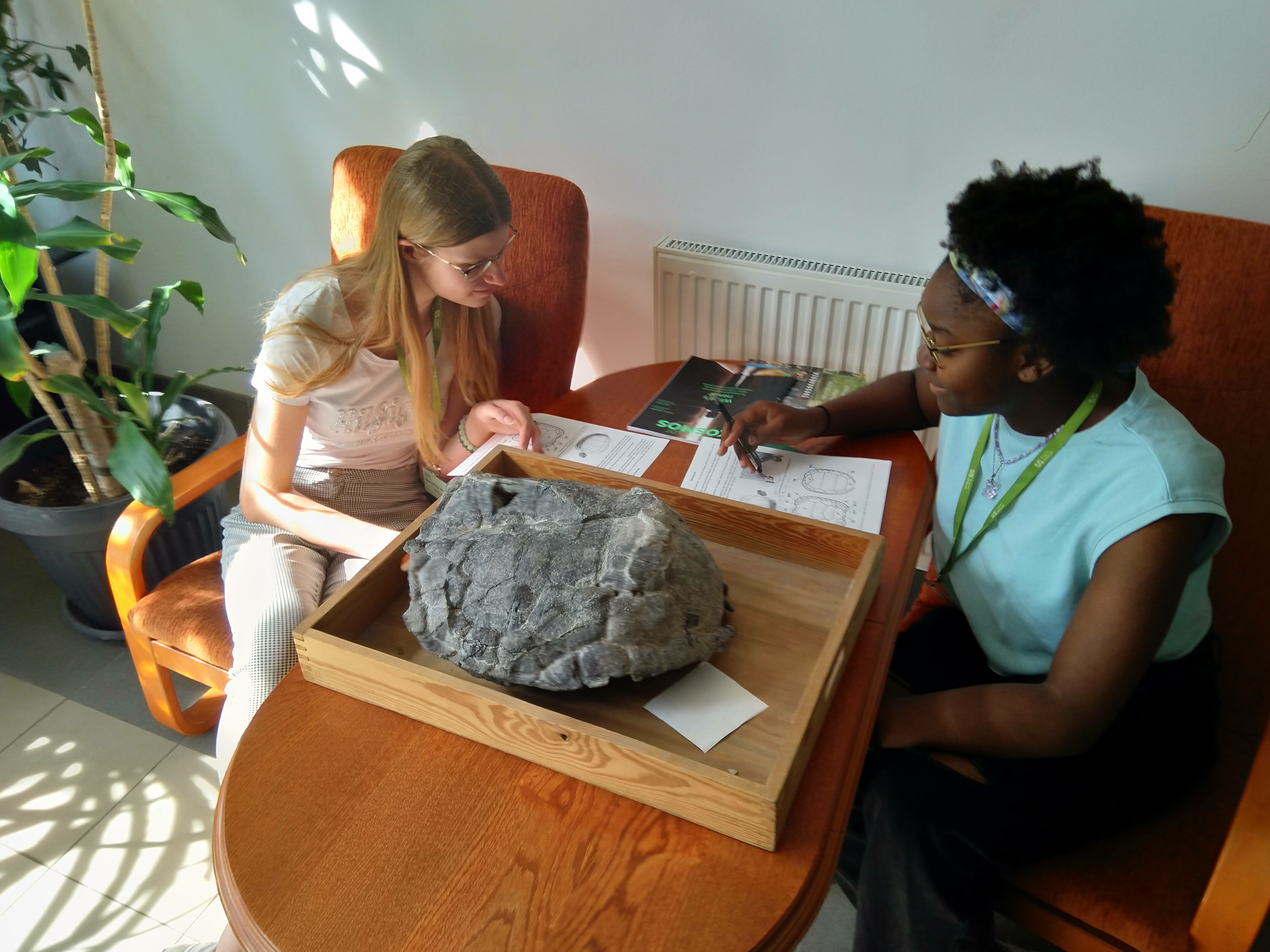

The Database

